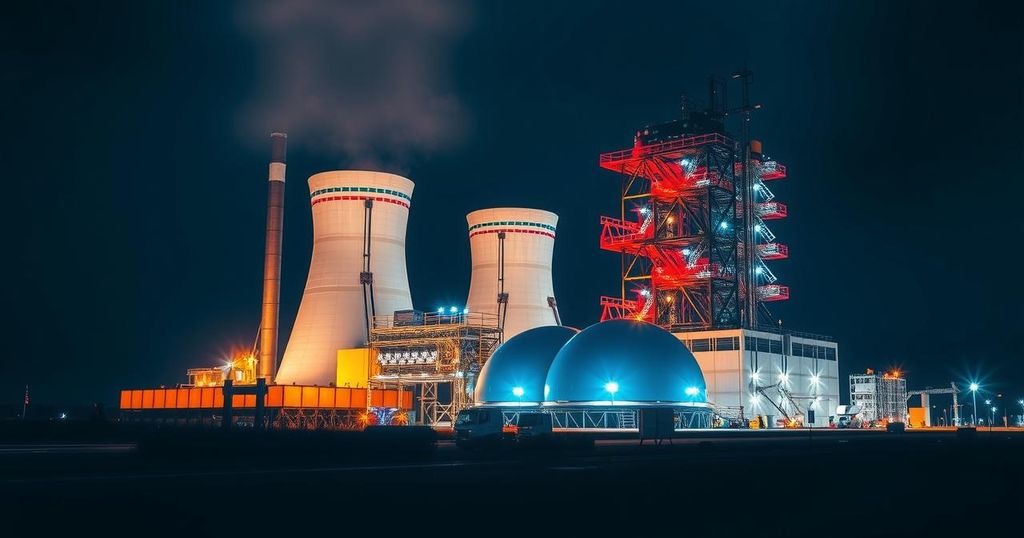This podcast discusses the agreements made by Microsoft, Google, and Amazon to utilize nuclear energy in the coming years. Microsoft plans to restart the Three Mile Island unit, Google supports the deployment of small modular reactors, and Amazon invests in advanced nuclear reactor solutions. These moves are poised to enhance energy sustainability and meet corporate carbon reduction goals.
This special podcast edition explores how major tech companies like Microsoft, Google, and Amazon are entering into agreements to utilize nuclear energy in the upcoming years. Microsoft finalized a 20-year contract in September with Constellation to restart the Three Mile Island unit 1, which had been shut down for economic reasons. This unit will supply clean energy to Microsoft, aligning with its goal to become carbon negative by 2030. The aim is to reinstate operations by 2028, with plans for a license extension through 2054. Google, on October 15, announced a deal to procure energy from Kairos Power, supporting its first commercial deployment of advanced small modular reactors by 2030. This partnership aims to establish a fleet capable of generating 500 MW of clean electricity by 2035, specifically addressing Google’s data center energy needs and its commitment to carbon-free energy. On October 16, Amazon revealed its intentions to invest in advanced nuclear reactor developer X-energy, particularly through the Xe-100 small modular reactor project in Washington State. Amazon is set to finance the feasibility phase of this initiative, with plans to generate 320 MW of power from the first four-module setup and potentially expand capacity in subsequent phases. The podcast also features comments from U.S. Energy Secretary Jennifer Granholm, who discussed the broader implications of these announcements for the nuclear energy sector and emphasized the importance of such deals for data centers. This shift towards nuclear energy by major corporations may spur additional industry interest in nuclear solutions as a means to combat rising energy demands while reducing carbon footprints. Small modular reactors (SMRs) are receiving increased attention, with numerous designs in development worldwide. Successfully financing and constructing the initial prototypes remains a crucial hurdle. However, these partnerships are anticipated to facilitate advancements in nuclear technology and supply chains. Included in this episode is a report by Claire Maden from World Nuclear News, detailing a panel discussion held at the World Nuclear Symposium that emphasized the need to meet the demanded 24/7 energy supply for end-users.
The interest of leading tech companies in adopting nuclear energy represents a significant trend aimed at addressing escalating energy needs. As data centers strive for operational efficiency while lowering emissions, nuclear energy emerges as a viable solution. The collaborations with established nuclear developers are expected to drive innovation, reduce carbon footprints, and enhance energy supply stability, aligning with corporate sustainability targets. The use of advanced small modular reactors (SMRs) holds the promise of revolutionizing the energy landscape due to their smaller size and reduced safety concerns compared to traditional reactors. These technologies are becoming increasingly relevant as both the tech industry and energy sectors seek to modernize infrastructure and meet climate change goals.
The trend of major tech companies entering nuclear energy agreements signifies a pivotal shift toward sustainable energy solutions for high-demand sectors. With significant investments in advanced nuclear technologies, companies like Microsoft, Google, and Amazon are positioning themselves as leaders in the race to decarbonize their energy supply. These strategic collaborations not only aim to meet immediate energy needs but also contribute to building a robust, sustainable energy infrastructure for the future, encouraging other companies to adopt similar pathways.
Original Source: world-nuclear-news.org

Leave a Reply